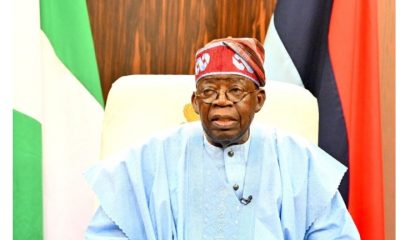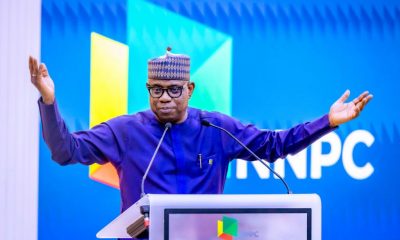Education
Teacher’s Day Celebration: Tackling Fundamental of National Educational System
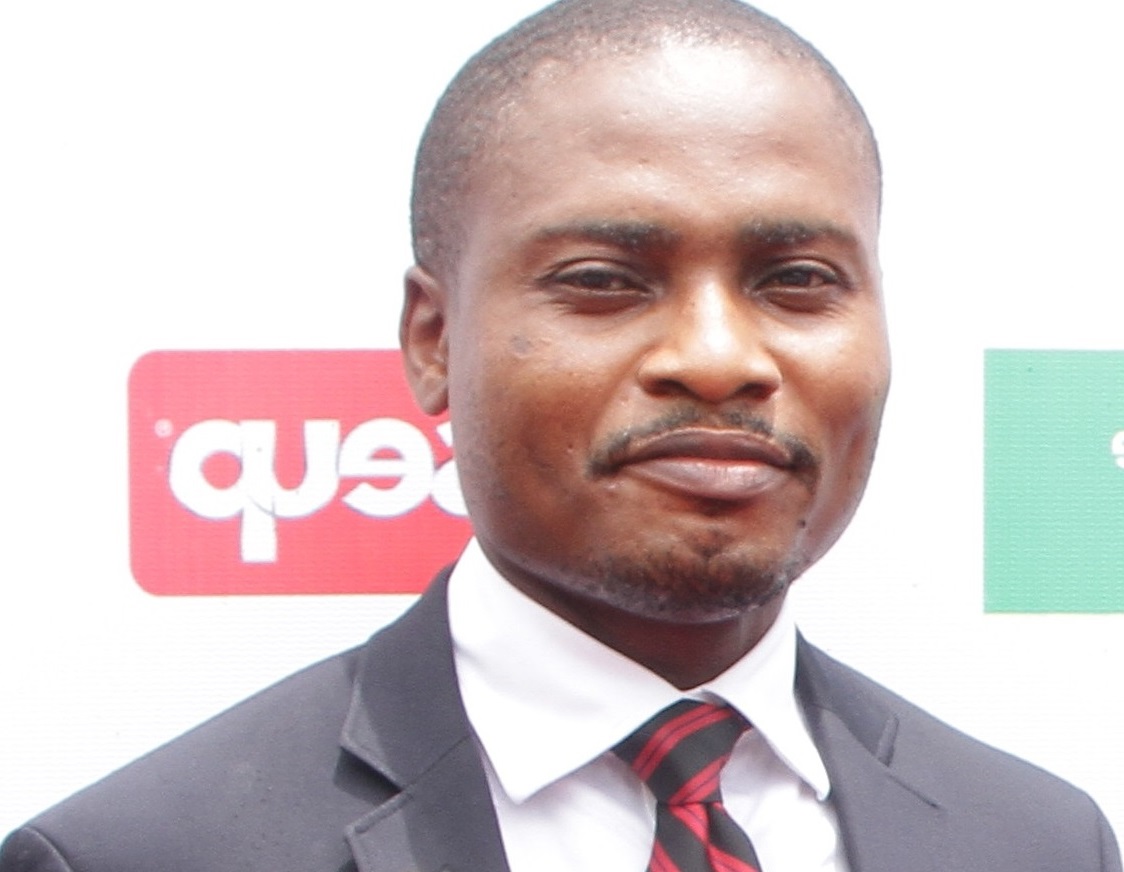
By Blaise Udunze
Every day is for the Teachers! The moment we start giving preferences to the profession and the people as the most important members of our society, the moment there will be the emergence of true instructors and educators who are ready to instil the requisite knowledge for nation-building.
Alas! The society is in quagmire and stagnated in this part of the world. Over the years, the least attention has been given to the whole of the educational sector- the citadel of learning. The Citadel houses the army of teachers. Today, can it be said to be a great citadel of learning? Can it be said to be a fortified environment that promotes excellence in academics through sound teaching and learning that influences people to become better and ideal citizens who are able to shape a better society to live in, by knowing and respecting rights, laws, and regulations?
Alas! This must be one of the reasons our nations have been locked in dangerous and usually complex situation which is difficult to exit. We have been embroiled in inextricable complexities amongst civilians during the electioneering processes that come with its reverberating effects on democracy with the support of the judiciary.
This is informed by the monumental corruption and the lack of interest in the sector caused by bad government policies and the lack of political will amongst the ‘elites’ to enforce or implement laws. Hence, the Nigerian educational system is bedevilled with a myriad of glitches that have led to the near-comatose of the sector in recent years.
The system is faced with problems such as lack of adequate funding, negligence of teachers’ welfare, poor governance, corruption, lack of Infrastructure, indiscipline, lack of teaching aids and outdated curriculum. Though, the entire sector is wracked by endemic corruption, so much so that it has eaten deeply into the fabric of the entire system; the fundamentals must first be addressed.
Alas! The lacuna in the educational sector of our country that happens to be the rudiment impeding the sustainable development meant to intrinsically translate to the nation of ‘my dream’ and ‘your dream’ invariably stems from the Constitution of the Federal Republic of Nigeria, 1999 (5th Alteration) (No. 8) ACT, 2023. And it has gone largely unnoticed!
Meanwhile, the ACT created the National Policy on Education (NPE) 2004 and the compulsory, Free Universal Basic Education (UBE) ACT 2004. The NPE affirmed that education in Nigeria is an instrument ‘par excellence’ for effecting national development. Primarily, amongst its objectives, the NPE is focused on the need for functional education for the promotion of a progressive united Nigeria, and to this end; school programmes need to be relevant, practical and comprehensive whilst interest and ability should determine the individual direction in education. This is expected for the country to spell out in clear and unequivocal terms the philosophy and objectives that underlie its investment in education (for the welfare of Teachers and Students).
However, the Nigerian Constitution provides that it shall be the responsibility of the government to direct its policy towards ensuring that there are equal and adequate educational opportunities at all levels, it shall provide science and technology, it shall strive to eradicate illiteracy, and to this end, the government shall, as and when practicable, provide free, compulsory and universal primary education; free secondary education; free university education; and free adult literacy programme.
Consequently, regardless of the prevalence of robust laws and legislative measures towards ensuring the right to education and its role in maintaining a great citadel of learning that fosters the worth and development of the citizens for individual’s sake and for the general development of the society, the education system in Nigeria is still a chimaera.
One could have also believed that Nigeria as a member of the United Nations and a signatory to many international human rights instruments that provide for the right to education and made recommendations to promote teacher’s status in the interest of quality education would have addressed the enigma in the system.
In spite of the United Nations Educational, Scientific and Cultural Organisation (UNESCO) recommendation that developing countries should dedicate 15% to 20% of their annual budget to public education, less than 2% of Nigeria’s GDP has been committed to education in more than 10 years. This shows that the national budget for education has remained abysmally poor over the period. This regardless of the fact that half of the money budgeted still ends up being stolen away by corrupt government officials, leaving the sector almost comatose.
UNESCO proclaimed 5 October to be World Teachers’ Day in 1994, celebrating the great step made for teachers on 5 October 1966.
Specifically, I must say that the recommendation has failed to promote teachers’ status in the interest of quality education.
The prevalent violations in the sector, however, revealed that making provision for quality education and the welfare of teachers in Nigeria have become anathema amongst successive governments.
With the current health of the country’s citadel of learning, the citadel that houses the army of teachers for the desired nation of our dreams remains elusive, which does not call for celebration of any sort.
No doubt, the narratives of the dream of our nation can be upturned through improved educational systems by funding the sector adequately, embracing technology, curriculum reform, and putting safeguards in place to stem the tidal wave of massive corruption that has stymied the growth of the sector in recent years.
Most importantly, the legislators should go back to the drawing board to ensure that the Federal Republic of Nigeria’s Constitution wholly captures the welfare of our teachers as an integral part of the education sector.
To get it right as a nation that values education, teachers’ sacrifices should be treated as blood is to life. I strongly agree with the Prime Minister of India, Narendra Modi who said, “Teaching is not a profession, but a way of life.”
So, how well this important ‘way of life’ is handled determines the nations of our dreams. If this concept had been in practice over the years, it would have curbed the concerns of this year’s (2023) World Teachers’ Day celebrations, themed, The Teachers We Need for the Education We Want: The Global Imperative to Reverse the Teacher Shortage. Unfortunately, what value do we place on teachers in Nigeria?
Alas! Brain drain may hit the country’s educational sector soon, as the exodus of teachers from our country looms.
The daily appreciation and celebration by individuals and governments will address the unprecedented teacher shortage and showcase practices to attract, retain, and motivate teachers and educators in Nigeria and other African countries. I am of the opinion, it is high time the yearly 5th October, Teacher’s Day celebration is scrapped.
Permit me to buttress my point further with an extract from an aspiring linguist, Julia S’s narrative, titled, “In Japan, there is no Teacher’s Day”.
“In Japan, a teacher is the most respected profession, the most respected person. Japanese entrepreneurs are delighted when teachers visit their stores; they consider it an honour.
“During my time in Japan, I repeatedly saw how Japanese people deeply respect teachers. There are separate seats for them on the subway, and dedicated stores, and teachers don’t wait in line for tickets on any form of transportation. Why do Japanese teachers need a separate holiday when every day of their lives is like a celebration?”
I believe that every day is for the Teachers! Because Teachers across the world, work tirelessly daily, often without accolades.
Just like the Japanese cultural belief that the provision of quality education has been a hallmark of a prosperous nation, in our little ways, everyone can help by celebrating the profession, generating awareness about teacher issues, by ensuring that teacher’s respect and welfare are part of the natural order of things.
Indeed, teachers are the backbone of our democracy – fostering curiosity and creativity, building skilful individuals, and strengthening informed citizens in pursuit of the nation of our dreams.
Let’s take the opportunity each day to reverence the important roles teachers play in our lives because their determination and sincerity will shape the destiny of the nation as they are laying the foundation and the building blocks of society.
Blaise Udunze, a Media/Public Relations and Communications Professional, writes from Lagos. He can be reached via Email: Bl***********@***il.com Tel: +2348037901057s
Education
Nigeria Secures $552m World Bank–Backed Boost for Basic Education
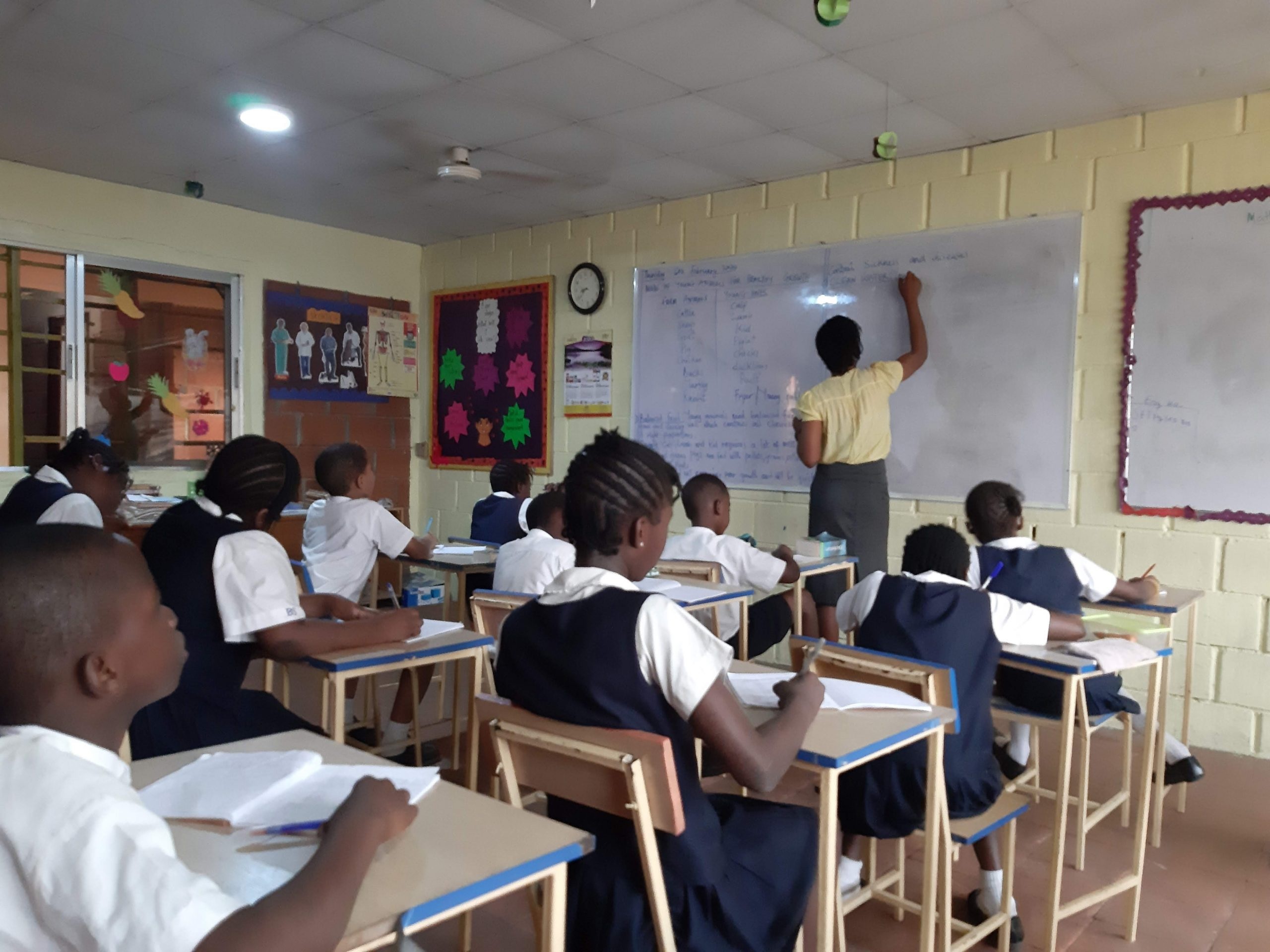
By Adedapo Adesanya
Nigeria has unlocked $552 million under the HOPE-EDU programme to fast-track reforms in the country’s basic education sector, in what has been described as the fastest activation of education financing of such scale in the nation’s history.
The HOPE-EDU initiative, HOPE for Quality Basic Education for All, is co-financed by the World Bank and the Global Partnership for Education. It is structured as a results-driven intervention targeting improved learning outcomes, equitable access to education and stronger institutional capacity at the state level.
The funding, secured through the Federal Ministry of Education, is aimed at strengthening foundational learning, expanding access to quality basic education and reinforcing accountability systems across participating states.
The Minister of Education, Mr Tunji Alausa, said the milestone reflects the administration’s determination to reposition education as a pillar of national development under President Bola Tinubu.
This was disclosed in a statement by the Ministry’s Director of Press and Public Relations, Mrs Folasade Boriowo, on Tuesday.
“The unlocking of the $552 million HOPE-EDU funding in just 12 months represents the fastest activation of education financing of this scale in our history. It reflects clarity of vision, strong intergovernmental coordination, and our unwavering commitment to delivering measurable results for Nigerian children,” the Minister stated.
“Under the leadership of President Tinubu, we are demonstrating that reform can be decisive, accountable, and impactful. These resources will directly strengthen foundational learning, expand access, and reinforce system-wide accountability across participating states,” the statement added.
HOPE-EDU aligns with the Nigeria Education Sector Renewal Initiative (NESRI), a broader reform framework focused on transparency, measurable performance and sector-wide transformation.
The programme also complements other pillars of the reform agenda, including HOPE-Governance and HOPE-Primary Health Care, which seek to address systemic challenges in public financial management, service delivery and policy coordination in key social sectors.
The development comes amid increased budgetary commitment to education. Since 2022, federal allocation to the sector has risen by over 302 per cent, according to the ministry.
In the 2026 fiscal year, the government earmarked N3.520 trillion for education, the highest allocation to date, alongside increased sub-national funding to support state-level priorities and targeted interventions.
The ministry said the latest funding injection is expected to translate into tangible gains in foundational literacy and numeracy, teacher effectiveness, equitable school access and strengthened accountability mechanisms.
Education
NELFUND Extends Student Loan Application Deadline Amid Surge in Interest

By Adedapo Adesanya
The Nigerian Education Loan Fund (NELFUND) has announced an extension to the deadline for its student loan application portal following a notable rise in nationwide interest driven by ongoing awareness campaigns.
In a Monday statement signed by Mrs Oseyemi Oluwatuyi, the fund’s Director of Strategic Communications, the extension was necessitated after a public notice issued last week announcing the closure of the application portal on February 27, 2026.
Mrs Oluwatuyi expressed that the extension was approved due to strong responses from students and key stakeholders across the country, alongside a surge in applications and enquiries.
She stated that the extension window will allow additional time for eligible students to complete their submissions, stressing that further decisions regarding the timeline will be communicated by management in due course.
She wrote, “According to NELFUND, the extension is intended to support several categories of applicants, including students who require more time to complete their applications, prospective applicants who only recently learned about the scheme through nationwide sensitisation programmes, and institutions that have just begun the 2025/2026 academic session.
“It will also accommodate institutions that are yet to submit their verified student lists.”
The chief executive of NELFUND, Akintunde Sawyerr, reaffirmed the fund’s commitment to ensuring equitable access to higher education financing, explaining that the sensitisation activities carried out across Nigeria’s six geopolitical zones have significantly increased awareness and participation in the programme.
“In line with the fund’s mandate to expand access to tertiary education funding, the extension was approved to ensure all eligible students are given a fair opportunity to apply.
“NELFUND also advised institutions that have not yet commenced the 2025/2026 academic session to submit a formal request for an extension along with their approved academic calendar for review,” he stated.
“Students are encouraged to make use of the extended period to complete their applications through the official NELFUND portal before the application window eventually closes.
“The fund reaffirmed its commitment to transparency, accountability, and the delivery of sustainable student financing initiatives aimed at removing financial barriers to higher education in Nigeria,” he added.
NELFUND charges students and members of the public to contact NELFUND via email at in**@******ov.ng or visit its official social media platforms for further enquiries.
Education
Prodigy Finance Offers African Students $2,500 Scholarship
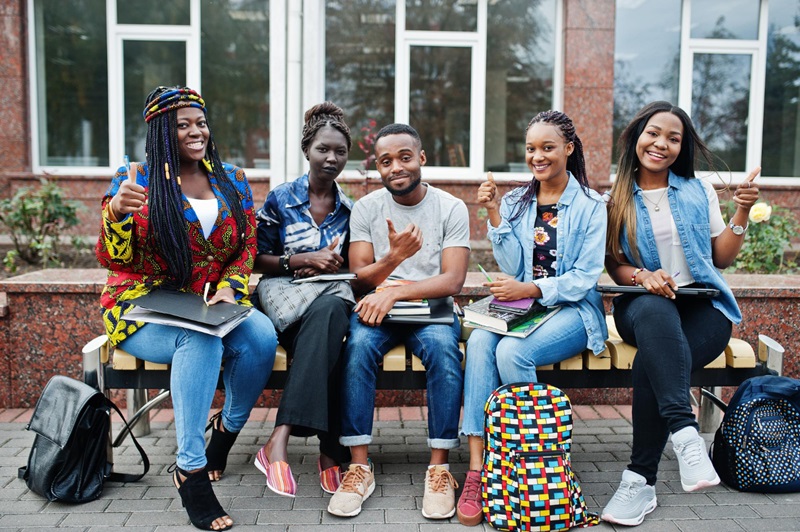
By Modupe Gbadeyanka
Up to $2,500 in scholarship support has been provided by Prodigy Finance for 10 African students, alongside application fee reimbursement for 100 applicants applying through NovaGrad, the education access platform of Prodigy Finance.
This scholarship includes two forms of support, from applying to enrolment, both accessed through NovaGrad.
First, tuition and living expense support of up to $2,500 per student for 10 students, where financial support clearly bridges the gap between receiving an offer and being able to enrol.
Awards are limited, and competitive students who demonstrate strong merit and genuine financial need, have a realistic shortlist of universities, and can submit a complete application through NovaGrad within the stated deadlines will be given priority. Shortlisted applicants may be asked to provide additional documentation to confirm eligibility and reimbursement details before support is issued.
Second, application fee support, providing application fee reimbursement up to $200 per student for students who submit their university applications through NovaGrad.
A total of 100 students will be selected for this opportunity. This support is issued as a reimbursement once the application submission is verified and accepted via the platform.
Applications submitted outside NovaGrad do not qualify. Students register or log in on NovaGrad, enter a valid waiver code if applicable, submit their university application via NovaGrad, and once verified, the reimbursement is processed.
Prodigy Finance has supported postgraduate students heading to some of the world’s leading universities for years. Its scholarship programmes are focused on where funding and guidance can make the biggest difference, and that focus shifts year to year, from India and Latin America to Africa, as well as established global markets.
“African students have consistently demonstrated exceptional ambition and academic strength. Over the years, we have seen students from across the continent succeed at some of the world’s top institutions.
“This scholarship gives them a focused opportunity, and NovaGrad helps bring clarity to every step around it,” the Global Chief Business Officer at Prodigy Finance, Sonal Kapoor, said.
Also commenting, the spokesperson for NovaGrad, Ms Mariana Alcocer, said, “African students are among the most talented we see, yet many still lack the exposure or networks that help others access global education. This programme is about recognising that talent and creating a pathway forward.”
-

 Feature/OPED6 years ago
Feature/OPED6 years agoDavos was Different this year
-
Travel/Tourism10 years ago
Lagos Seals Western Lodge Hotel In Ikorodu
-

 Showbiz3 years ago
Showbiz3 years agoEstranged Lover Releases Videos of Empress Njamah Bathing
-

 Banking8 years ago
Banking8 years agoSort Codes of GTBank Branches in Nigeria
-

 Economy3 years ago
Economy3 years agoSubsidy Removal: CNG at N130 Per Litre Cheaper Than Petrol—IPMAN
-

 Banking3 years ago
Banking3 years agoSort Codes of UBA Branches in Nigeria
-

 Banking3 years ago
Banking3 years agoFirst Bank Announces Planned Downtime
-

 Sports3 years ago
Sports3 years agoHighest Paid Nigerian Footballer – How Much Do Nigerian Footballers Earn


